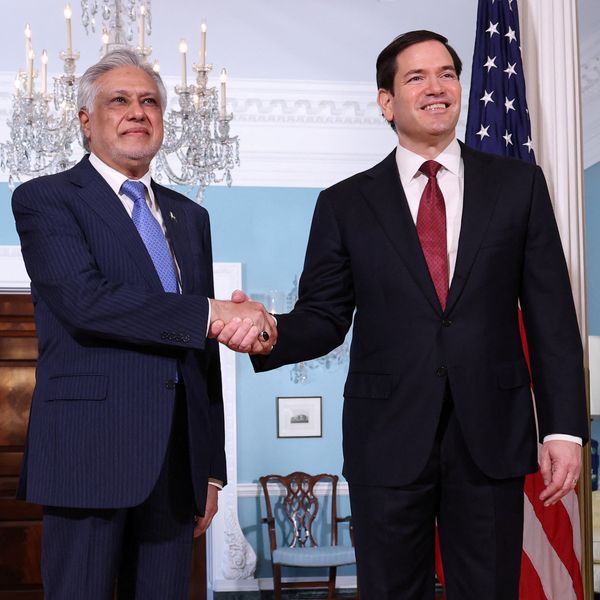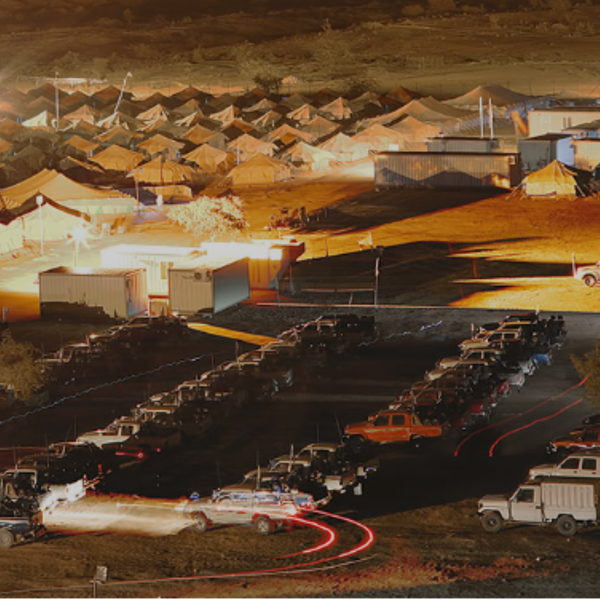Nvidia becomes world’s most valuable company, symbolizing tech’s dominance in 21st century
Kamran Khan says Nvidia’s rise shows tech and AI, not agriculture, now drive global economic growth
News Desk
The News Desk provides timely and factual coverage of national and international events, with an emphasis on accuracy and clarity.
American chipmaker Nvidia became the world’s most valuable company this week, reaching a historic $4 trillion market capitalization — a milestone never before achieved in corporate history.
The rise of Nvidia marks a new chapter in the tech sector's growing dominance over global economics. With a market value now greater than the GDP of countries like Germany and India, Nvidia has surpassed tech giants like Apple, Microsoft, and Google, signaling the start of what experts call the “AI supremacy era.”
“The company’s valuation is 10 times Pakistan’s GDP of approximately $400 billion,” Kamran Khan said in his vlog.
Founded in 1993 by Jensen Huang and two friends at a California Denny’s restaurant, Nvidia began as a graphics chip company catering to gamers and multimedia users. Over the years, it evolved into a leader in artificial intelligence, designing high-performance GPUs and chips essential for modern AI, data centers, autonomous vehicles, and quantum computing.
“Nvidia’s phenomenal growth is directly tied to the explosion in AI demand,” said Khan. “It's technology now that forms the backbone of everything, from self-driving cars to ChatGPT.”
In just two years, Nvidia’s market value has tripled. The company hit the $1 trillion mark in June 2023 and crossed $4 trillion on July 9, albeit briefly. Over the past five years, its share price has increased by more than 1,400 percent.
Nvidia’s CUDA software — built on rare earth elements critical for chip manufacturing — has become a standard in the tech industry. Pakistan, rich in those very rare earth minerals, has yet to capitalize on this advantage, Khan pointed out.
Highlighting Nvidia’s impact on global AI infrastructure, Khan noted that ChatGPT's first trial ran on Microsoft’s supercomputer, powered by 10,000 Nvidia GPUs.
“Pakistan’s policymakers must realize this isn’t just about a number,” Khan added. “This is a clear message that the future lies in information technology and AI, not traditional industries like agriculture or textiles.”
Nvidia’s rise hasn’t been without setbacks. In early 2025, Chinese startup DeepSeek launched a rival AI model that triggered a $600 billion dip in Nvidia’s value in a single day. However, the company quickly rebounded, with investors reaffirming their confidence in its tech superiority and global customer base.
In the last 12 months, Nvidia has signed strategic agreements with several countries, including Saudi Arabia, India, Canada, and the United States. It is also a key partner in the U.S. government’s $500 billion “Stargate” project aimed at revamping the national AI infrastructure.
Nvidia CEO Jensen Huang, who migrated to the U.S. from Taiwan at age 10 and once washed dishes at a Denny’s, is now worth an estimated $142 billion, making him the 10th richest person in the world.
His story and Nvidia’s ascent are both a testament to how innovation, perseverance, and technology are reshaping the global economy.
“This is not a miracle,” Khan emphasized. “It’s the result of research, hard work, and relentless pursuit of technological excellence.”
As Nvidia reshapes the corporate landscape, Khan urged Pakistan’s leadership to invest in education, research, and innovation to stay relevant in the digital age.











Comments
See what people are discussing